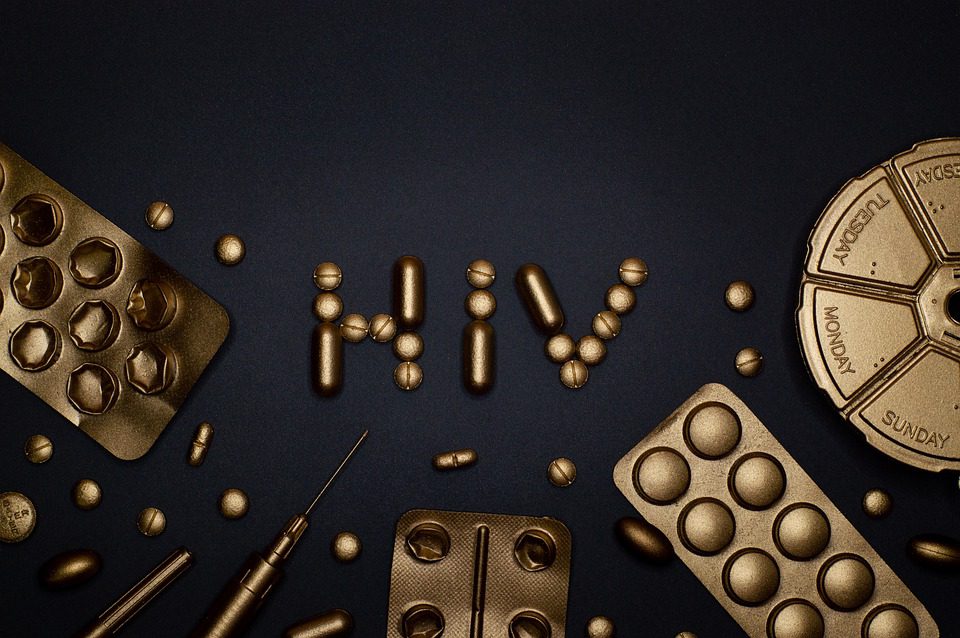Despite four decades of study, physicians have struggled to create a vaccine to protect people against the AIDS virus, killing hundreds of thousands of people worldwide each year.
The International AIDS Vaccine Initiative and the biotech company Moderna announced Thursday that human testing of an HIV vaccine based on messenger RNA technology has started.
This Phase 1 experiment was conducted in the United States with 56 HIV-negative healthy people.
Despite four decades of study, physicians have struggled to create a vaccine to protect people against the AIDS virus, killing hundreds of thousands of people worldwide each year.
However, expectations have been raised by the success of mRNA technology, which has enabled the rapid production of Covid-19 vaccines, including one from Moderna.
The vaccine now being studied aims to encourage the formation of a kind of antibody known as “broadly neutralizing antibodies,” or bnAbs, which may function against the several HIV strains that are currently circulating.
The vaccination is designed to train B cells, which are part of the immune system, to produce these antibodies.
How Promising are the Results of the Experiment?
In this study, individuals are given an immunogen (a chemical that might cause an immunological reaction) and subsequently a booster immunogen.
mRNA technology will be used to distribute these chemicals.
“The induction of bnAbs is widely considered to be a goal of HIV vaccination, and this is the first step in that process,” Moderna and the IAVI, a research organization, said in a statement.
“Further immunogens will be needed to guide the immune system on this path, but this prime-boost combination could be the first key element of an eventual HIV immunization regimen,” said David Diemert, a lead investigator at one of the four sites where the trial is being carried out, George Washington University in the US capital.
IAVI and the Scripps Research Institute produced the immunogens utilized in this experiment, with funding from the Bill & Melinda Gates Foundation, the US National Institute of Allergy and Infectious Diseases, and Moderna.
The first immunogen was tested in a study last year, albeit without mRNA technology. It demonstrated that the necessary immunological response was elicited in dozens of participants in the study.
The next step was to enlist Moderna’s innovative mRNA technology.
The Moderna-IAVI release noted that given the rapidity with which mRNA vaccines may be created, “this platform provides a more agile and responsive approach to vaccine creation and testing.”
IAVI CEO Mark Feinberg also said that the hunt for an HIV vaccine has been lengthy and difficult, and having new tools in terms of immunogens and platforms might be the key to making quick progress toward an urgently needed, effective HIV vaccine.








